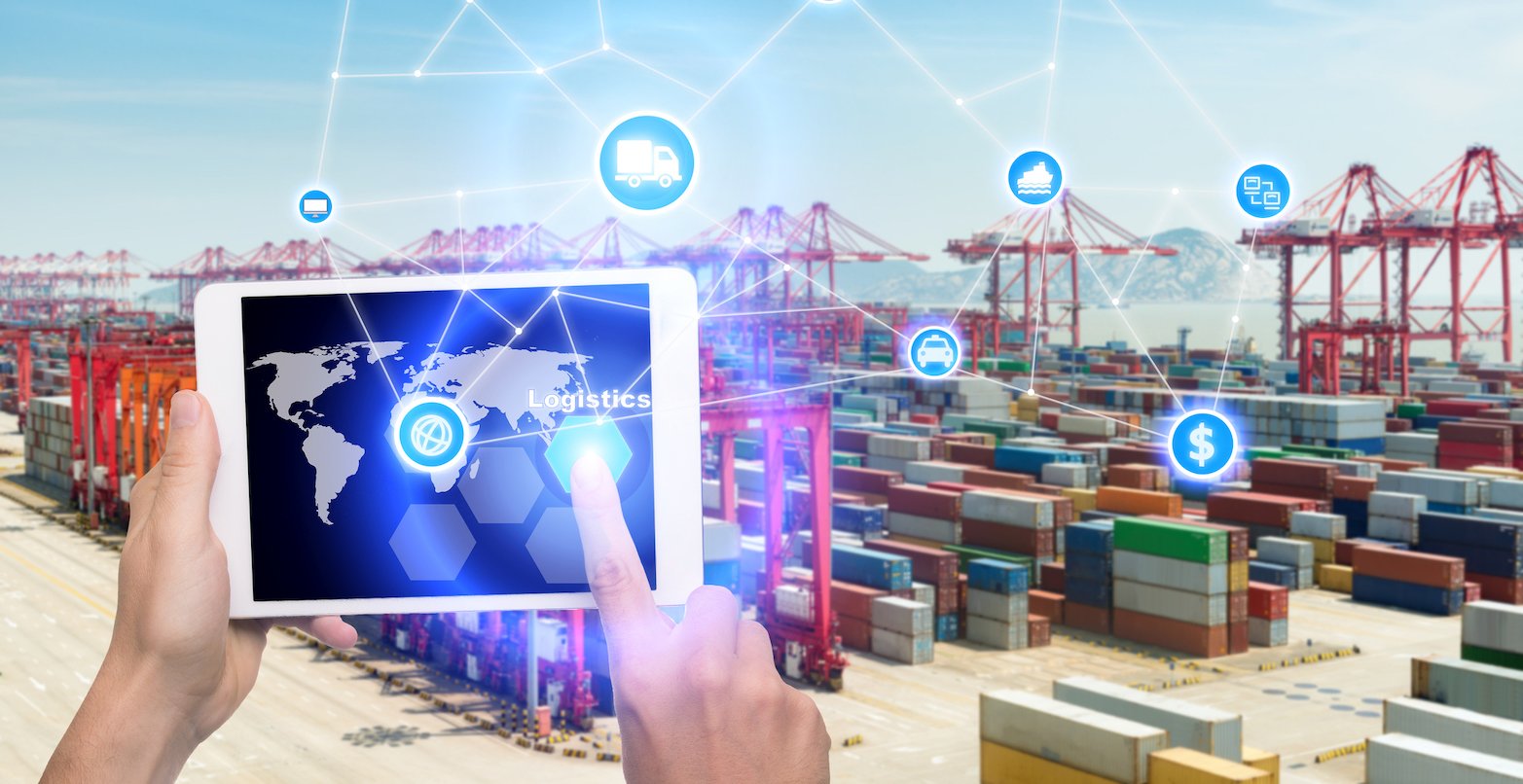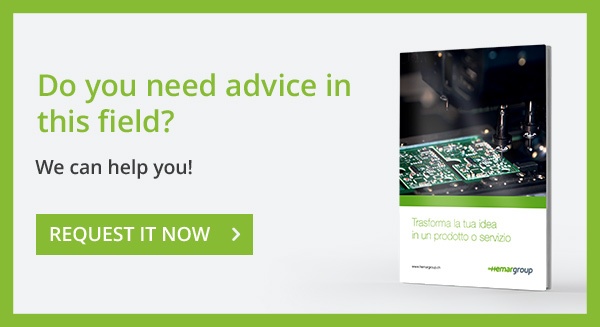
Once upon a time it was all about moving goods from A to B, but today that’s ancient history. The rise of the Internet of Things (IoT), and the many challenges this technology poses, are making the logistics sector more competitive and customer focused. Meeting their needs and expectations is the only way to achieve market dominance.
The Internet of Things is strategic technology
The priorities for today's logistics companies include
- Just-in-time delivery
- Supply-chain visibility
- Product lifecycle transparency
- Service quality
Successful businesses must stand out from the crowd in terms of
- Efficient inventory and warehouse management
- Internal process automation
- Fast, efficient product delivery
- Product quality
The basic principles of logistics still apply: get the right quantity of the right product to the customer, at the right price and in the right place. But achieving these aims has become much more complicated in an ever more globalised and interconnected world, and it’s becoming increasingly important to find innovative ways of doing so.
Thanks to smart connectivity such as the new 5G, the internet of things is revolutionising the logistics sector. IoT-based solutions offer unparalleled advantages and opportunities, and are becoming increasingly widespread in this sector.
The main benefits of IoT applications and connected logistics include more efficient supply chain monitoring, vehicle tracking, stock management, and process automation, as well as more secure transportation.
The six best applications of IoT in logistics
1. Position management systems
The IoT is being used to create smart position management systems, making it easy for logistics companies to monitor driver activity, vehicle locations, and delivery status. Once goods arrive in a certain place, the manager concerned receives a push message.
This technology is now an essential component of delivery planning, scheduling, and booking. Any variances are shown in real time, which is why the IoT has been so successful in this sector: it enables companies to manage goods movements more efficiently, and thus accelerate their business processes.
2. Inventory and warehouse management
Inventory and warehouse management is one of the most important parts of the connected logistics ecosystem. Small sensors enable companies to track the status and position of each item and create smart control systems.
IoT technology helps employees to minimise losses, store goods securely, and find them quickly. It also reduces the potential for human error.
3. IoT technology and predictive analysis
Predictive analysis is becoming crucial in many sectors of industry. It helps companies to create effective business development strategies, improve their decision-making processes, make smart predictions, and manage risk.
Internet-connected devices collect large quantities of data and send it to a central system for evaluation. IoT-based predictive analysis solutions are used in route and delivery planning, and in identifying problems before they happen.
This has many benefits. For example, defective machine parts can be replaced before they cause major problems, and vehicles and equipment can undergo preventive maintenance.
4. Using IoT and blockchain technology to manage the supply chain
Supply chain management poses a variety of challenges, from food standards compliance to product status monitoring. Companies and their customers want products to be traceable throughout their lifecycles, from production to delivery.
Blockchain technology complements IoT solutions and adds significant value to the supply chain by maintaining product integrity, transparency, and traceability.
Smart labels and RFID sensors can monitor parameters such as product temperature and humidity, vehicle location, and delivery status. The data is stored in blockchains, and each product is allocated a digital ID that protects the information.
5. Self-driving vehicles
Self-driving vehicles are still at the test stage, but they will become widespread in the near future. Logistics companies will among the first to benefit from incorporating them into their business processes.
IoT devices collect large volumes of data, which is analysed and converted into smart roadmaps and routes. This will help companies to minimise accidents, reduce their operating costs, and optimise their traffic.
6. Drone delivery
Drones have significant potential for the retail, logistics, agriculture, and e-commerce sectors. They can accelerate businesses and make them more efficient.
In logistics, drones can be used to automate business processes using smart inventory tracking and fast, just-in-time delivery.
This is still a work in progress, and there are many challenges to be overcome, but drones will enable businesses to achieve rapid growth and transformation.
As we've seen, the logistics sector will be revolutionized by IoT-based technology like inventory and vehicle tracking solutions, driverless transport, and smart communication.
.png)
